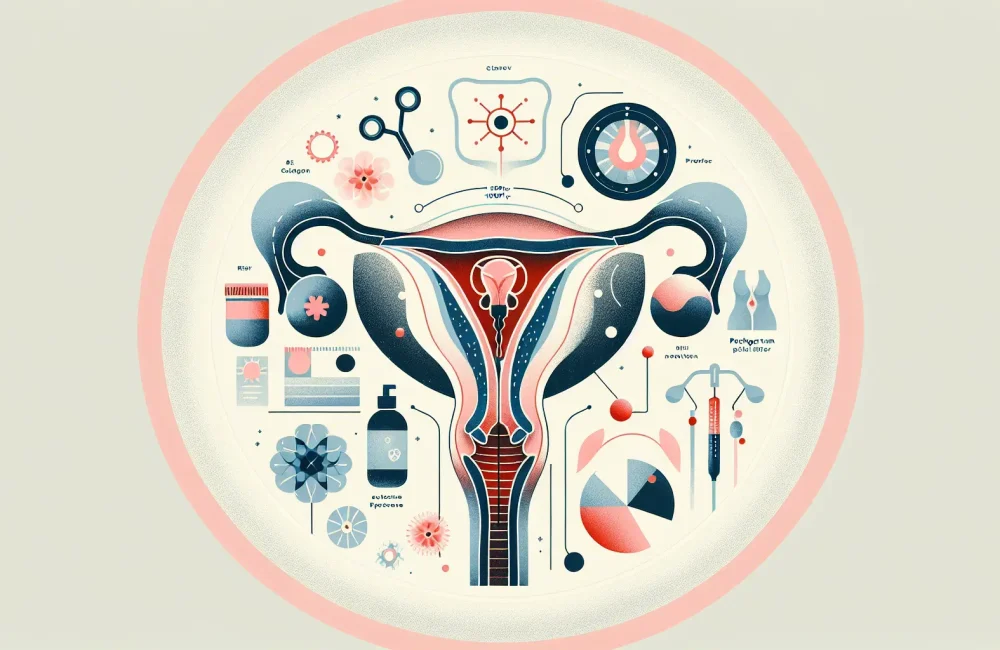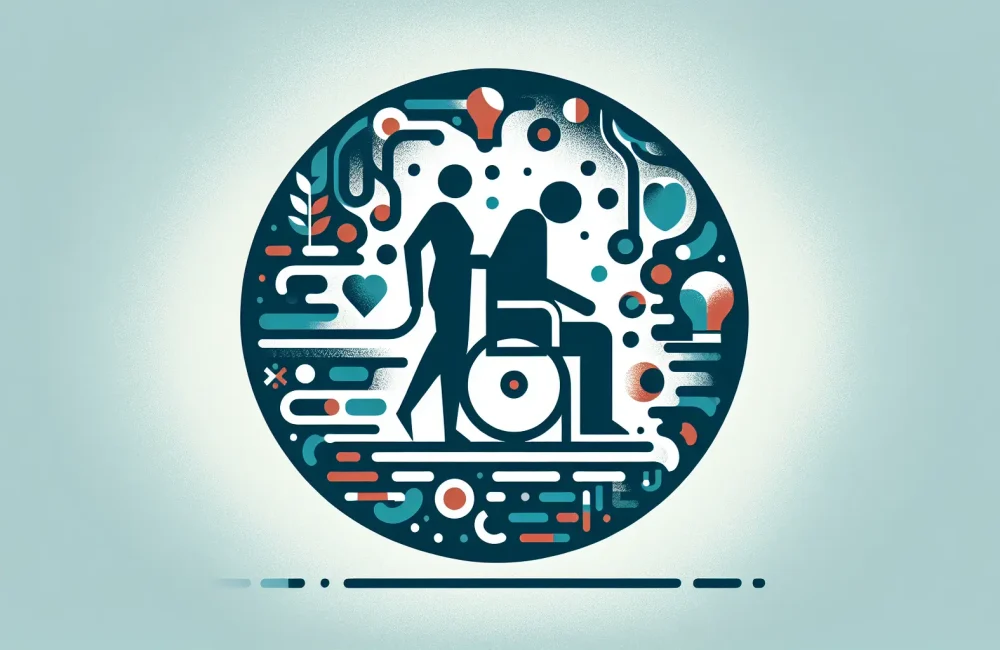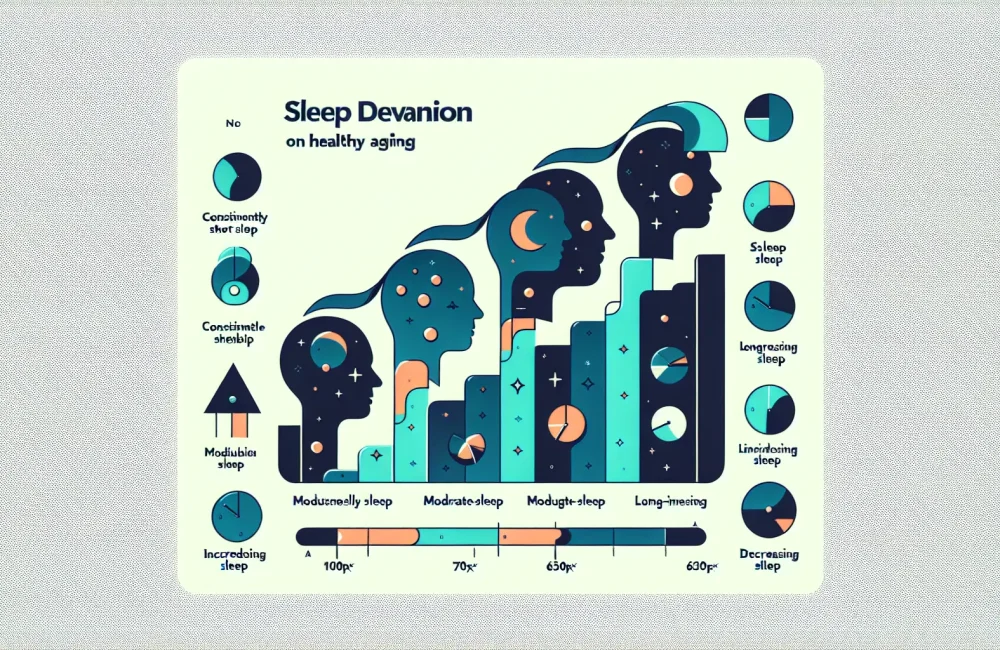By CAFMI AI From Frontiers in Medicine (Open Access)
Study Design and Patient Population
This randomized controlled trial aimed to evaluate the effects of preemptive acupuncture on cognitive outcomes in older adults undergoing hip replacement surgery. The study included 120 patients aged 65 years and older who were scheduled for elective hip replacement. Participants were randomized into two groups: one receiving preemptive acupuncture 30 minutes before anesthesia induction and a control group receiving standard perioperative care without acupuncture. The trial’s design focused on assessing cognitive function as the primary outcome, measured by standardized tools including the Mini-Mental State Examination (MMSE) and the Montreal Cognitive Assessment (MoCA). These assessments were conducted preoperatively and again on postoperative days 1, 3, and 7 to track short-term cognitive trajectories. Secondary outcomes measured were pain scores, length of hospital stay, and the incidence of postoperative delirium. This comprehensive approach allowed for a multidimensional evaluation of postoperative recovery, particularly cognitive health, pain management, and hospital resource utilization.
Key Findings and Clinical Significance
The trial demonstrated significant benefits of preemptive acupuncture on postoperative cognitive function in elderly patients undergoing hip replacement. The group that received acupuncture had markedly better cognitive scores across all postoperative assessments compared to controls, with statistically significant improvements in MMSE and MoCA scores on days 1, 3, and 7 post-surgery (p<0.05). Additionally, acupuncture recipients reported lower pain scores during the postoperative period, which may contribute to enhanced cognitive outcomes given the known interaction between pain and cognitive performance. The incidence of postoperative delirium, a critical complication linked to poor outcomes and increased morbidity in elderly surgical patients, was also reduced in the acupuncture group. While the length of hospital stay tended to be shorter among those receiving acupuncture, this difference did not reach statistical significance but suggests potential for enhanced recovery pathways. These findings underscore preemptive acupuncture as a promising complementary intervention to mitigate postoperative cognitive dysfunction (POCD), a frequent and debilitating complication after major surgery in older adults.
Implications for Practice and Future Directions
From a clinical perspective, incorporating preemptive acupuncture into the perioperative care protocols for elderly patients undergoing hip replacement may improve cognitive outcomes, reduce delirium risk, and alleviate postoperative pain—each of which critically influences recovery trajectories and quality of life. For USA-based clinicians, who frequently manage aging populations with multiple comorbidities, acupuncture offers a low-risk adjunct therapy that aligns with integrative medicine approaches gaining traction in surgical care. Implementation should consider patient selection, timing of acupuncture administration, and standardization of acupoint protocols to maximize benefits. Future research should focus on elucidating the neuroprotective mechanisms underpinning acupuncture’s effects, potentially involving modulation of neuroinflammation, neurotransmitter regulation, or stress response attenuation. Larger multicenter trials with diverse populations will help validate these findings and guide standardized practice guidelines. Clinicians should also be aware of the importance of monitoring cognitive function closely postoperatively and integrating evidence-based interventions like acupuncture to minimize POCD and enhance overall patient outcomes. Comprehensive patient counseling, including setting expectations about cognitive risks and the potential benefits of acupuncture, alongside follow-up cognitive evaluations, may optimize surgical recovery and patient satisfaction.
Read The Original Publication Here






